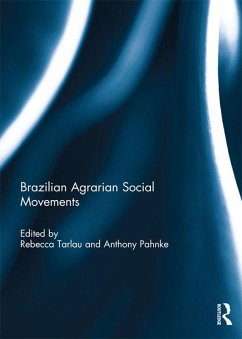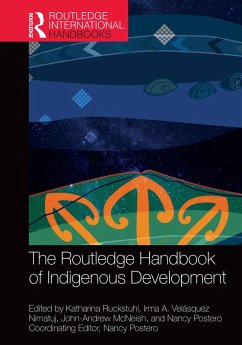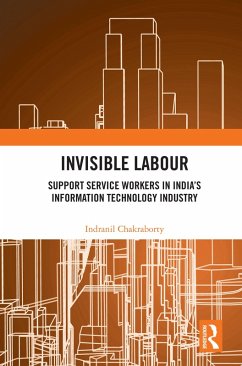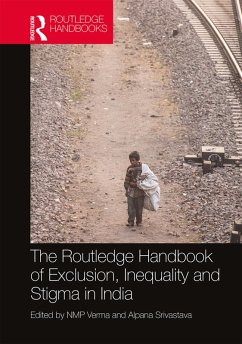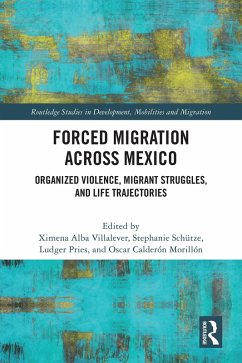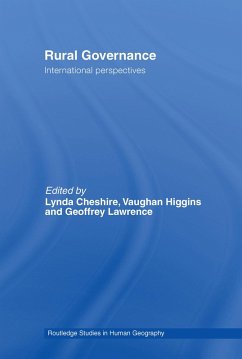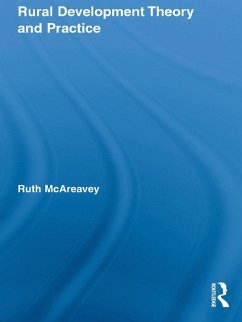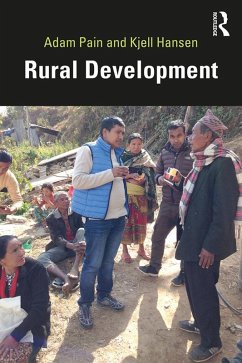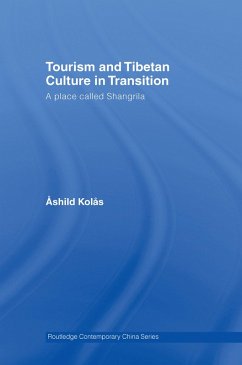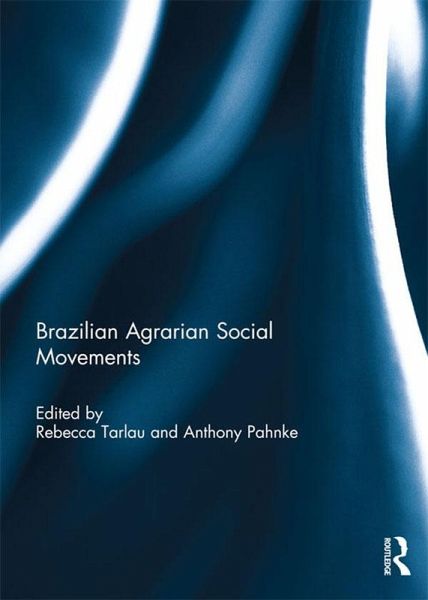
Brazilian Agrarian Social Movements (eBook, ePUB)
Versandkostenfrei!
Sofort per Download lieferbar
29,95 €
inkl. MwSt.
Weitere Ausgaben:

PAYBACK Punkte
15 °P sammeln!
Contradictions between impressive levels of economic growth and the persistence of poverty and inequality are perhaps nowhere more evident than in rural Brazil. While Brazil might appear to be an example of the potential harmony between large-scale, export-oriented agribusiness and small-scale family farming, high levels of rural resistance contradict this vision. In this volume, individual contributions from a variety of researchers across the field highlight seven key characteristics of contemporary Brazilian resistance that have broader resonance in the region and beyond: the growth of inte...
Contradictions between impressive levels of economic growth and the persistence of poverty and inequality are perhaps nowhere more evident than in rural Brazil. While Brazil might appear to be an example of the potential harmony between large-scale, export-oriented agribusiness and small-scale family farming, high levels of rural resistance contradict this vision. In this volume, individual contributions from a variety of researchers across the field highlight seven key characteristics of contemporary Brazilian resistance that have broader resonance in the region and beyond: the growth of international networks, the changing structure of state-society collaboration, the deepening of territorial claims, the importance of autonomy, the development of alternative economies, continued opposition to dispossession, and struggles over the meaning of nature. By analyzing rural mobilization in Brazil, this collection offers a range of insights relevant to rural contention globally. Each contribution in this title increases our understanding of alternative agricultural production, large-scale development projects, education, race and political parties in the contemporary agrarian context. This book was previously published as a special issue of the Journal of Peasant Studies.
Dieser Download kann aus rechtlichen Gründen nur mit Rechnungsadresse in A, B, BG, CY, CZ, D, DK, EW, E, FIN, F, GR, HR, H, IRL, I, LT, L, LR, M, NL, PL, P, R, S, SLO, SK ausgeliefert werden.




